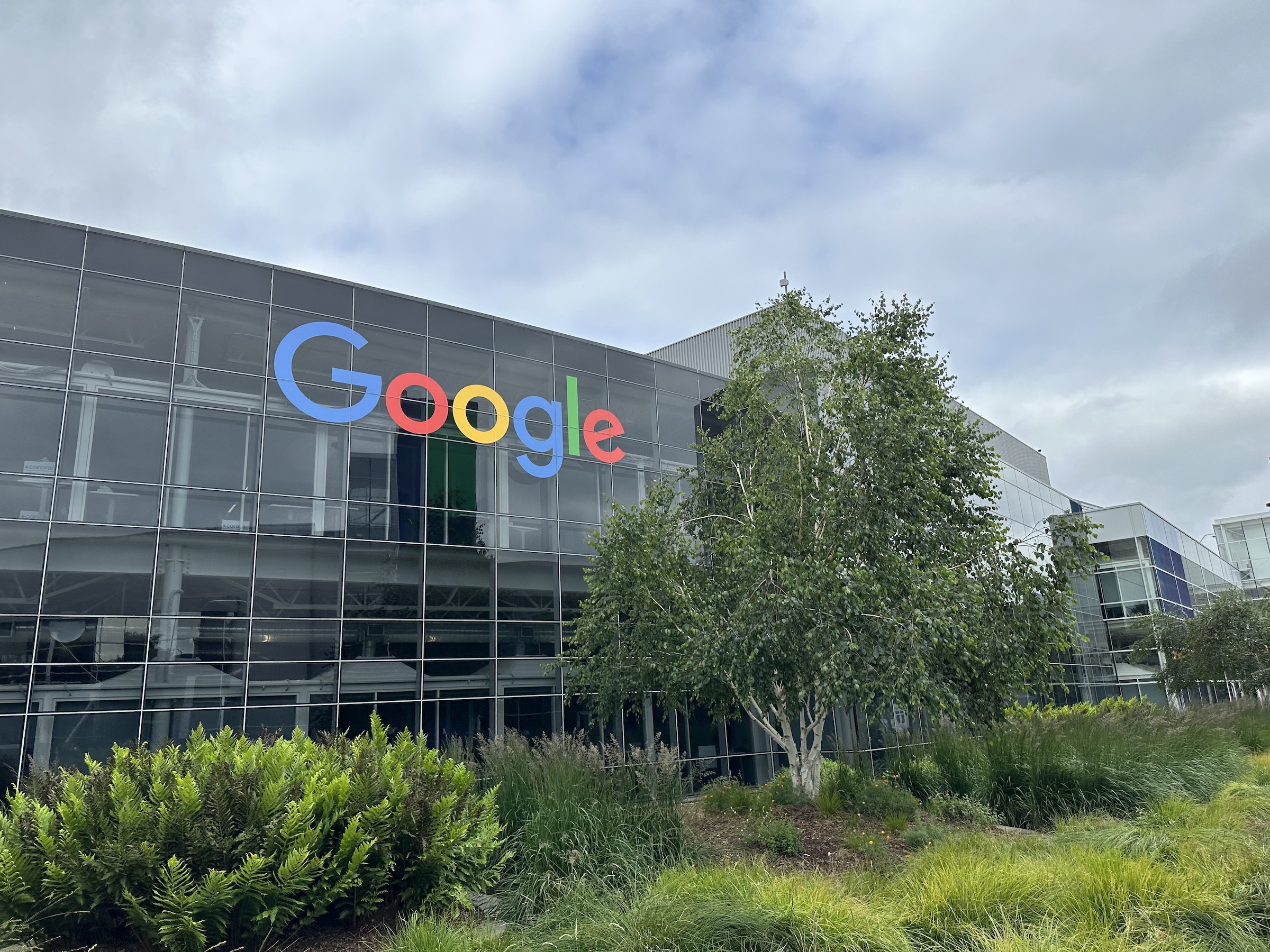Google Keep
Google Keep is undoubtedly a great cross-platform free tool for making basic notes, insights and notes. So why should Google want to get rid of it?
No AI support: Google is now an artificial intelligence company. Keep is not an AI product. This simple notes app has legacy code and no clear path to how Google will implement Gemini into it.
Simplicity is at its core: The main features of Google Keep have not changed since its launch in 2013. That’s one of its strengths, but we’re talking about Google here. The only thing Google has done with Keep was to limit its functionality, such as when it discontinued the Keep Chrome app in 2021.
Backup and Sync Concerns: Keep integrates well with Google Drive for desktop, making it a potential problem. Google has already shown that it is willing to constantly change its backup services. When it does, whatever becomes of Google Drive for the desktop probably won’t support Keep.
Google Drive for desktop computers
The complete abolition of cloud storage by Google is most likely not going to happen. However, the current iteration of Google Drive for desktop will likely be replaced by something else. The storage itself has gone through a number of changes since its inception, until it became Google Drive for desktop computers. But for how long?
Rebranding: Google can’t stick to one name for long. The history of the Google Drive desktop client is proof of that. But with Google pushing artificial intelligence into everything within the Workspace platform, it’s easy to imagine a complete redesign of Google Drive for the desktop. This will inevitably lead to a name change.
Sync issues: Google Drive for desktop has faced criticism for not syncing as smoothly as its predecessor, which is unlikely to be fixed by anything other than a new product.
Competition: Google Drive may be the cloud storage giant, but that doesn’t mean Dropbox or OneDrive won’t get an edge, especially since they both offer AI integration into their apps. Google will soon be forced to compete with Dropbox AI and Copilot in this space.
Google Play Books
Google Play Books doesn’t fit into Google’s grand AI plan. They have a cute name and old fashioned Material Design. It feels like a relic from a bygone era, and these are all signs of an app that is nearing its end. Google has shed most of its Play branding in recent years, with the exception of Play Books and the Play Store. It seems unlikely that Google will actually rebrand the Play Store – even though it has already done so once. So why should he bury Play Books? The Google Play Books interface is functional, and it was one of the first readers to introduce that cool page-turning animation. But Google’s design language is evolving, and Play Books is just a time capsule at this point. However, one of the most prominent reasons why Google could cancel its Play Books is again artificial intelligence. The digital library simply does not fit into Google’s new strategy.
Fitbit or Fit?
Only one can stay. Google released the Fit app in 2014. Then in 2019, he bought Fitbit – and with its own app. Both apps do essentially the same thing. While Google initially allowed Fitbit to retain its individuality as a specific product for marathon runners, weightlifters, and yoga instructors, the fact remains that Google’s own Fit app already exists. But it’s hard to say what Google will decide on in the end.
Arguments for assimilating Fitbit: The Google Fit app just got an update and now offers personalized insights and recommendations. Since the controversial redesign last year, the Fitbit application has not received any significant changes or updates.
Arguments for canceling Fit: On the other hand, it’s quite possible that Google Fit will eventually be the product we have to say goodbye to. Its interface is somewhat clumsier than Fitbit’s and reminiscent of the pre-AI era of Google.
The rise of the Pixel watch Watch: pixel Watch became a surprise hit, becoming the second best-selling smartwatch in the world in 2022. It’s built with Fitbit in mind, so much so that the Pixel box Watch they actually feature the Fitbit branding. This makes Google Fit a somewhat useless app — nice, but not essential for most of your Pixel tasks Watch.
Resistance is futile: Hypothetically, Google could scrap both apps (along with Health Connect) and create a whole for Fitbit as well Android a brand new health app powered by artificial intelligence. But let’s be honest, Google would probably make another app without killing those two, and then kill all three.
Google translator
Translator is dead, long live Gemini? Google’s latest obsession is called Gemini, and its rise heralds the demise of many apps — including Google Translate. This charming AI is multi-talented and one of her talents is translation. So it’s quite possible that Google will no longer see a reason to keep Google Translate alive. Gemini beats Translator because it is a multimodal LLM. Understands nuances, images and entire documents. Google Translate is a fantastic app, but it uses static rules and pre-programmed logic to do what it does. Gemini can think independently and can constantly evolve with their learning, which should lead to better translations.
You could be interested in

